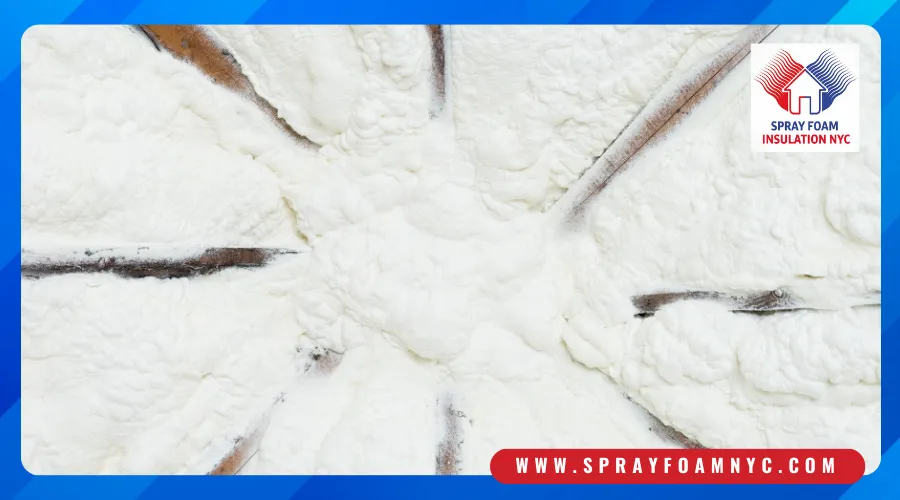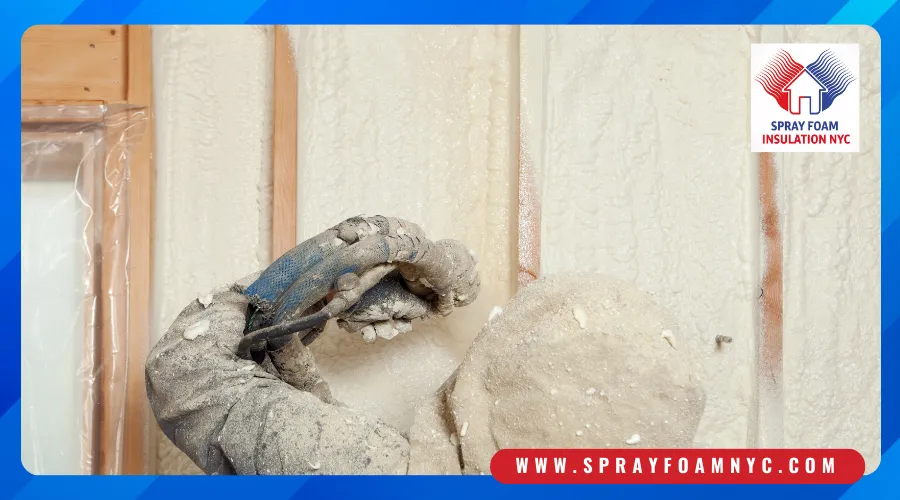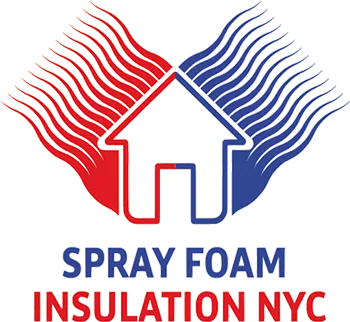
As a business owner, you know that every penny counts. One of the most significant expenses for any commercial property is energy costs. With energy prices on the rise, it’s more important than ever to find ways to reduce your energy usage and save money on your bills. Commercial spray foam insulation services can help you achieve both of these goals. In this article, we’ll discuss the benefits of commercial spray foam insulation and how it can help you say goodbye to high energy bills.
Common Problems of not Having Commercial Spray Foam Insulation

At Spray Foam Insulation NYC, we follow a proven process and methodology to deliver fire protection coatings services that exceed our clients’ expectations. Our process includes:
We conduct an initial consultation to understand our clients’ specific needs and requirements.
We conduct a site assessment to identify potential fire hazards and assess the property’s fire protection needs.
Based on our assessment, we recommend the most suitable fire protection coatings for our clients’ property.
Our team of experts installs the coatings using advanced tools and techniques to ensure that they are properly applied.
We perform rigorous quality control checks to ensure that the coatings are effective and meet our clients’ expectations.
We offer ongoing maintenance and support to ensure that the coatings continue to provide the desired level of fire protection.
At Spray Foam Insulation NYC, we stand out from the competition thanks to our:
Contact us today to schedule your Commercial Spray Foam Insulation appointment.
Commercial spray foam insulation is a type of insulation that is applied to a building’s interior or exterior walls, roof, or other areas using a specialized spray foam gun. The foam mixture is made up of two components, isocyanate and polyol resin, that are combined at the spray gun nozzle and create a chemical reaction that causes the mixture to expand and harden, providing an air-tight seal.
There are several benefits of using commercial spray foam insulation, including improved energy efficiency, better indoor air quality, and increased structural stability.
Commercial spray foam insulation installation involves several steps, including surface preparation, mixing the foam components, and applying the foam to the desired surfaces.
Spray foam insulation can be used in a variety of commercial buildings, including office buildings, warehouses, manufacturing facilities, and healthcare facilities.
While commercial spray foam insulation offers several benefits, there are also potential drawbacks to consider before installation, such as cost, environmental impact, and health concerns.
The lifespan of commercial spray foam insulation can vary depending on several factors, including the type of foam, the quality of installation, and the conditions in which the building is located.
Yes, commercial spray foam insulation can be used in existing buildings as long as certain considerations are taken into account.

Whatever your insulation requirements are, we can help. Spray Foam Insulation NY offers solutions for all types of residential and commercial projects,
Request a Free Spray Foam Quote
Once you’ve submitted your request, we will contact you within 24 hours
(or the following business day for requests sent Friday – Sunday).
Get a free spray foam insulation quote today
and start saving up to 45% on your energy bills!
Spray Foam Insulation NYC is a locally owned licensed insulation company that has insulation solutions for any project and can meet your client’s insulation requirements. We serve the New York City, Queens, Brooklyn, Staten Island, Manhattan, NJ areas.
Copyright © 2023 Spray Foam NYC. All Rights Reserved.
Privacy Policy • Made with 🤍 by Spray Foam NYC